Kia ora, e te whānau! Te Wiki o te reo Māori is just around the corner — there are just three days to go (kia toru ngā rā e toe ana) before the celebrations begin!
This year is extra special because 14 September marks the 50th anniversary of the Māori Language Petition, an event that led to many of the kaupapa we have today, including Te Wiki o te Reo Māori!
Click the button below to get more celebration ideas from the Te Rangaihi Reo Māori, the movement! You can sign up for updates and opportunities to get inspired and learn more.
Baby Rock & Rhyme – Te Reo Māori Sessions
During Te Wiki o te Reo Māori, at a number of our libraries, you can join us for special reorua/bilingual Baby Rock and Rhyme sessions!
This is a free session for parents and carers to interact with their pēpē through waiata, rhyme, rhythm and music. Recommended for children aged 0 – 2 years and their caregivers.
Johnsonville Library, 34 Moorefield Road, Johnsonville, Wellington 6037
- Monday, 12 September, 10:30 – 11AM
- Wednesday, 14 September, 10:30 – 11AM
Newtown Library, 13 Constable Street, Newtown, Wellington 6021
- Tuesday, 13 September, 10:30 – 11AM
Cummings Park Library, 1 Ottawa Road, Ngaio, Wellington 6035
- Tuesday, 13 September, 10:30 – 11AM
Karori Library, 247 Karori Road, Karori, Wellington 6012
- Thursday, 15 September, 10:30 – 11AM
- Friday, 16 September, 10:30 – 11AM
To help you get ready for Te Wiki o te Reo Māori, here are some pukapuka (books) for pēpē & whānau!
Ngā tae = Colours / Brown, Kitty
Presenting the beautiful and important bilingual Reo Pēpi series, from Kitty Brown and Kirsten Parkinson at Reo Pēpi Tāpui in Dunedin. The six board books in this series intended for babies and early readers use simple, formulaic language and gorgeous illustrations to gradually introduce the reader to new words and concepts. A must-have for any parent who wants their child to grow up immersed in te reo (Stephen’s summary)
Mihi / Bishop, Gavin
This beautiful baby book introduces ideas of me and my place in the world in the shape of a simple mihi or pepeha Mihi / mihimihi / pepeha: introducing yourself and making connections to other people and placesMihi is a simple book to share with babies and talk about their whanau and place in the world. Repeating colours and shapes show the connections between waka, mountain, iwi through to mama, papa and the baby reader. (Catalogue)
Kei hea a Spot / Hill, Eric
“Join Sally, Spot’s mum, on her search to find where the mischievous puppy is hiding. A lift-the-flap story. Suggested level: junior.” (Catalogue)

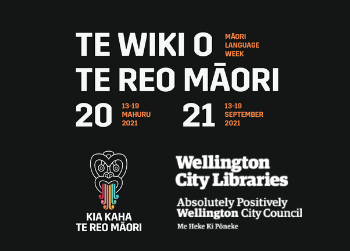
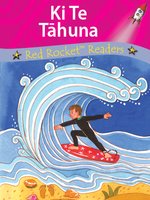
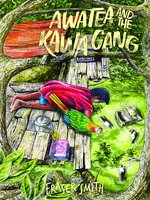
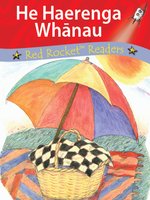
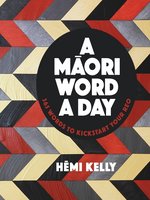
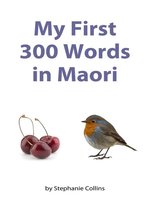
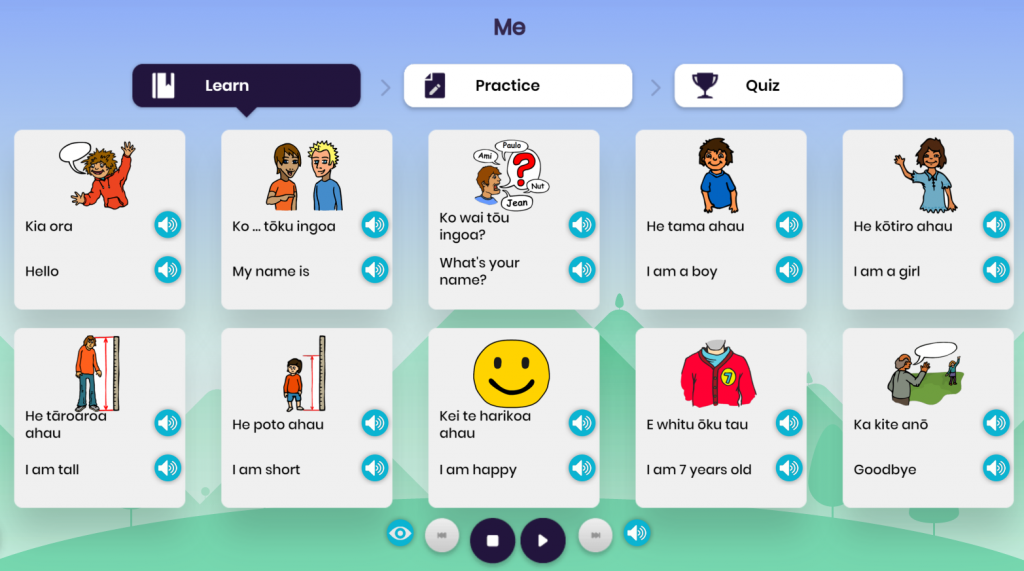
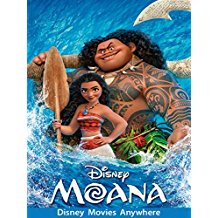
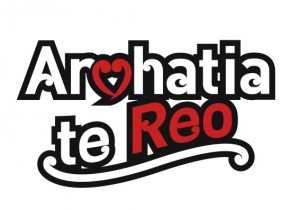 Kia ora tamariki! That means ‘hello kids’! This week in Aoteroa New Zealand we celebrate a very special event that doesn’t happen anywhere else in the world: Te Wiki o Te Reo Māori,
Kia ora tamariki! That means ‘hello kids’! This week in Aoteroa New Zealand we celebrate a very special event that doesn’t happen anywhere else in the world: Te Wiki o Te Reo Māori, 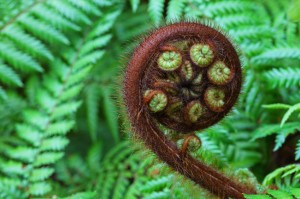 By the mid-late 1900s (about 50 years ago), very few New Zealanders were able to speak fluent te reo, and people became concerned that the Māori language was dying out.
By the mid-late 1900s (about 50 years ago), very few New Zealanders were able to speak fluent te reo, and people became concerned that the Māori language was dying out.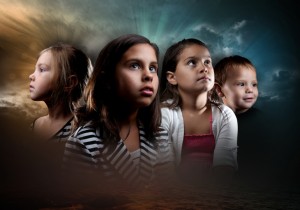 But even though we have made some really great improvements over the last 30 years, we still have a long way to go. You can do your bit by using te reo this week.
But even though we have made some really great improvements over the last 30 years, we still have a long way to go. You can do your bit by using te reo this week.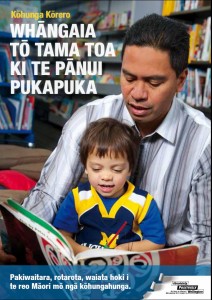 Celebrate Māori Langauge Week!
Celebrate Māori Langauge Week!